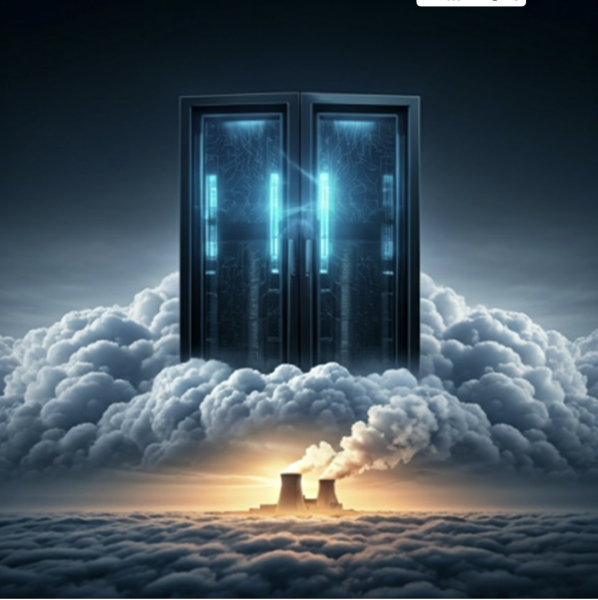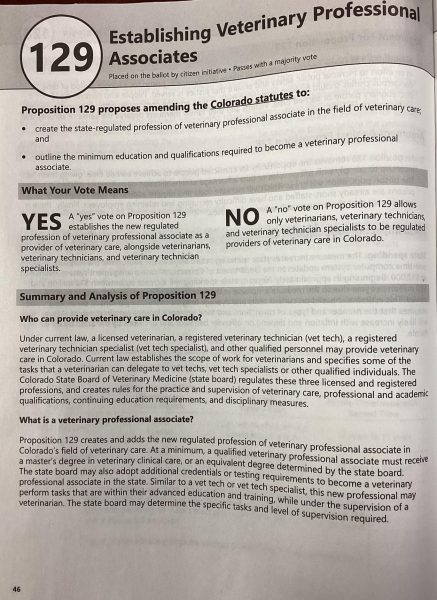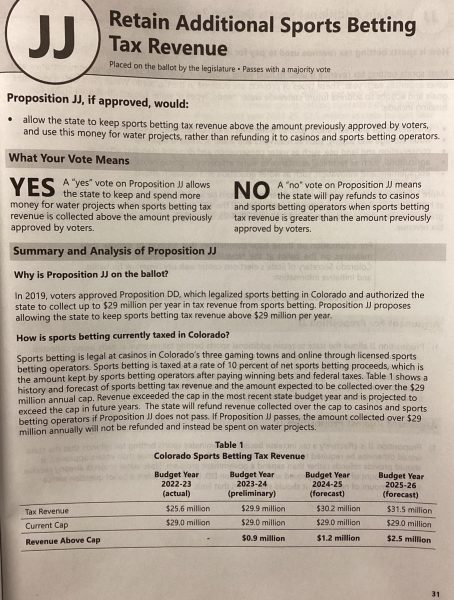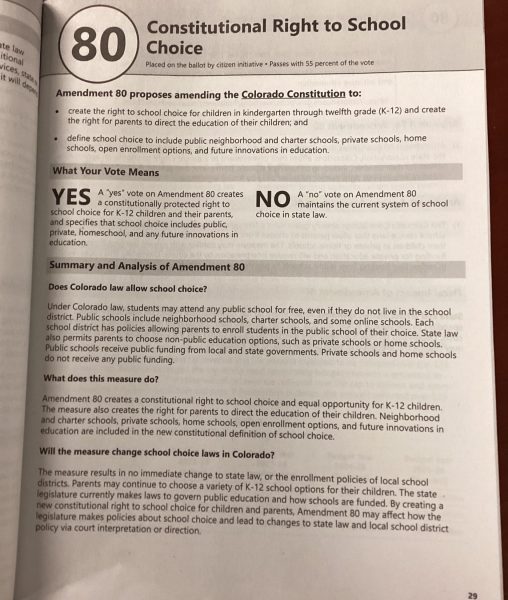Knowledge Without Borders
In light of the immigration debacle, currently yanking at the social fabric of this nation, I asked a good friend whether I should publish my experience on the topic. His response was: “Go for it – this isn’t the time to be timid.”

I’m excited to be on a plane again. That feeling of not knowing what to expect of a new place is a sensation I share with all the great explorers, from Magellan to Vasco da Gama, as they traversed the seven seas in search of new adventure. A new millennium is upon us and I am Sindbad the sailor on my second voyage to the Americas.
When I graduated from high school in Vienna six years earlier, I had big plans of studying medicine at one of Canada’s premier academic institutions: the University of Western Ontario in London, Ontario. I applied to many Universities both in Canada and in the US, but receiving the acceptance letter from Western is indelibly engraved in my memory as one of my fondest.
Most of my classmates had been accepted to their school of choice, so we leisurely enjoyed our graduation trip to the Canary Island – a Spanish archipelago just off the west coast of Africa. Knowing we wouldn’t see each other for a semester or two, we made the most of our trip; hurtling across desert dunes on our cheaply rented motor-cross bikes during the day, then getting down at the ‘Chica Boom Room’ into the wee hours of the morning. Forty rambunctious graduates with no parent or teachers to reign us in; living on staples like baked beans, scrambled eggs, and a liquid diet of tequila and Heineken. I lost 20 pounds in two weeks – but it was worth it.
A month before College would begin, I sought out the Canadian Consulate in Vienna to apply for a student visa. Posted a hop and a skip away from the American Consulate, I strode into my interview confident — answering all questions honestly and to the best of my ability.
Two weeks later I was notified by letter that my application for a student visa was denied on the grounds of my nationality. I was gutted.
At the time, I held a Somali passport.
Still caught in the throes of civil war, Somalia often conjured unpleasant memories of ‘Operation Restore Hope‘ and frightened special-operations pilot Michael Durant, who was captured after his Black-hawk crashed onto the streets of Mogadishu. While thousands of Somalis sought refuge across the globe, many headed to the immigrant-friendly cities of Canada, until that country had its fill.
Furious I could be considered a potential refugee, my father arranged for a meeting with the Canadian Consul. A senior ranking diplomatic officer, he didn’t need the Canadian government to worry I’d become a financial burden on them. Yet, however much the apologetic Consul expounded, his hands were ultimately tied on the matter. It had become policy. So, upon leaving the Consulate, my pragmatic father turned to me and said, “Never mind son; choose a US college instead.”
I became a proud Bobcat at Ohio University, graduating with a Political Science degree.
And as a restless young man, America provided me the conditions to find myself — for that I will always be indebted to her. I never gave much thought to the ‘Canada incident’ except when I would cross the Detroit- Windsor border in a Greyhound bus to visit my aunt in Ottawa.
Crossing the vast Atlantic again, I try to envision my life in the Sunshine State. Will I be able to concentrate on my studies with the sun and the beach beckoning right next door? On the cover of the Time Magazine, sprawled face down across my lap, is a portrait painting of Bush II–the caption reads ‘American Revolutionary.’ I remember that a colleague and good friend of my late father owns a house not too far from Tampa.
My eyes try to spot waves on the blurry ocean below as my mind wonders to the countless bodies that lay, at one time or another, on the ocean ground. Bodies that were tossed aboard by slave merchants, when they miscalculated food rations or when slaves became sick and died. They say one-third never made the perilous voyage across the middle passage.
I think of my father with whom I hatched out this plan, who passed away just weeks before my intended travel. Naturally, I postponed my trip by a semester. I remind myself that I’m doing this for the both of us.
My stomach clenches at the thought of my mother recuperating from a heart condition and who refused to let me reschedule my trip once more. Lyrics from Tupac’s “Dear Mama” burrowed their way into my subconscious:
… and there’s no way I can pay you back,
But the plan is to show you that I understand. You are appreciated.
The first rays of the east sun soon pierce through half open window shutters and flight attendants start handing out customs and declaration forms.
We arrive at Newark Airport on a muggy weekend morning in July. Weary passengers try to form orderly lines in the arrivals section, according to their status: US Citizens, EU citizens, and the rest of the world. After the Canada incident a few years back, my passport now reads European Union, Republic of Austria. I’m good. . . so I think.
Why is it that immigration officers are the same wherever you go?
Somewhere, far in the Siberian outback, behind the Ural mountains, must be a special academy that teaches immigration officers — regardless of their nationality — to be the most unfriendly souls imaginable a completing a course that’s administered during six months of soul-hardening winter.
The young, stern-looking immigration officer wears her hair tied back so that the tip barely touched the collar of her crisp white uniform.
“Passport.”
I hand over my travel documents.
“What is the nature of your travel?”
“I’m here to attend graduate school.”
“University documents.”
I hand her my I-20 Form — a document verifying an international student’s acceptance — with my eyes glued to her pigtail, which bobs up and down as she glances from the I-20 to her computer screen. Behind her, I watch relieved passengers who’ve successfully passed purgatory pick up their luggage.
“Where’s the stamp from the school?” she asks, her eyes meeting mine for the first time. I look down at my document and see next to the signature in small print the words: ‘School stamp here.’ But there is no stamp. There is a nice big signature that makes it look official, but there’s no stamp from the school.
“The stamp is missing,” she reiterates in a tone that almost sounds final and before I can summon a response, she hails an officer standing at the back and hands him my passport and documents.
“Follow him.” Her last words.
“Follow him where? I got a connecting flight to Tampa in less than an hour.” The agitation in my voice was clear, even to me.
“Sir, please come this way,” says the new immigration officer curtly.
My legs still wobbly from the nine-hour flight, I try hard to keep up with his long strides that eventually bring us to the Immigration and Naturalization office. Seated on uncomfortable chairs, all donning long faces, I find half a dozen other passengers awaiting their fate in limbo. The quick-footed officer hands my documents to the officer behind the counter, before telling me to have a seat and wait until I’m called up. A cold blanket of powerlessness drapes over me as he disappears and the minute hand on my Swatch ticks nearer and nearer to my flight’s departure time.
“I’ve got a connecting flight here in less than thirty minutes. How long will this take?”
“Sir, just take a seat. Doesn’t look like you’ll be on that flight.”
Indignant at his tone, I plead my case further.
“Look, classes begin on Monday; I’ve got to be on this flight.”
The lanky immigration officer’s thick mustache begins to twitch. I watch him rise up to his full six and a half feet — a golden crucifix caught in the collar of his white undershirt.
“Don’t you know, we are at war with you!” he bellows, strong Latin accent betraying his own story of immigration.
The weight of his words feels like a noose tightening around my throat.
Anger effervesces inside, as his accusatory gaze made me soon realize that this time the issue isn’t my nationality, but my religion.
Another officer, more senior and adept at handling the volatile situation, steps up to the counter and attempts a more diplomatic approach.
“It looks like you’re missing an integral part of your document, without which we cannot let you enter the country. You must know, we now have a zero-tolerance policy after 9/11.”
“But the rest of my documents are in order, as you can see – signature, visa, etc. Surely, it must be possible for me to have the school stamp the I-20 upon my arrival. I assure you, I’ll fax it over. This isn’t my first time in the US.”
“No, that will not be possible. We now have a zero-tolerance policy after 9/11.”
The familiar tone of finality resonating in his repeated words, I take the last opportunity to contact the University. But it’s Saturday and I only get the Admission’s office mailbox. Walking back over to his side of the counter, the officer gathers my documents and explains, “You’ll just have to go back and get your paperwork in order.”
Within the hour, I’m fingerprinted, documented and put on the same airplane — which had been refueling during my ordeal — back across the waves again. A film of grime and shame sticks to me like saran-wrap.
The flight is full again and I find myself next to Father Christmas. A short, round man with curly white locks that jut from above his ears and a thick white beard to match. His rosy cheeks and the thin spectacles balancing on his nose as he reads from a pocket-size Bible adds to the authenticity.
“Are you alright?” he asks, setting down his Bible.
The million thoughts in my mind are manifested through my restless leg and the half-eaten Hot Pocket on my lunch tray. The words ‘stamp’ and ‘at war with you’ ricochet between my temples like canon balls on a battlefield.
One glance at the old man is all it takes. He listens intently — as only a man of the cloth could — while I tell him my story, from beginning to end.
“I don’t believe in coincidences,” he finally says.
“You see, I’m traveling with my wife,” he points towards a row of seats ahead of us. “She’s sitting up there somewhere. They gave us separate seats at the airline counter. I thought it was a mistake, but I know, God doesn’t make mistakes.”
The situation was truly more than serendipitous.
“There’s a reason why you’re going through this hardship, and there’s a reason why we met. Relief will come soon, my son; let us pray together.”
Drowning out the snoring passengers, this pastor from Gary, Indiana, on his way to a convention in Rome, soothes my tormented soul by reading verses from his Bible — condensing the nine-hour flight to what felt shorter than the blink of an angel. Feeling light and purified, like white foam on ocean waves, we part ways at Charles de Gaulle airport; he and his wife off to Rome, and I to find a payphone.
“Mom,”
“Yes?”
“Small setback. . . I’m coming home.”
“Oh, thank God.”
Those three unexpected words — from my mother’s still fragile voice, knowing she still needs me there — shower me with relief and reassurance:
God doesn’t make mistakes.
Education and true knowledge aren’t bound by borders. As public goods, they will not diminish through dissemination, but more rather will enrich the lives of all those who bask in it.
“Seek knowledge, even as far as in China.” Prophet Muhammad (PBUH).







ahad ali • Apr 7, 2017 at 12:30 am
As for the affordable trundle size daybeds, they may differ significantly in terms of durability and comfort.https://cheapsupershop.net/discount-full-twin-trundle-beds-for-kids-frames-bedroom-furniture/
Lucy Daberkow • Feb 28, 2017 at 2:10 pm
Nicely done, Rashid! You are truly an amazing writer and human being. I thank you for sharing this very poignant and relevant story.
Lucy
Rashid Mohamed • Feb 28, 2017 at 7:08 pm
I am humbled by your kind words, Lucy – thank you!
Lori Bauer • Feb 23, 2017 at 6:28 am
Wonderfully told story. What year did you graduate from Ohio University? I work for the College of Arts & Sciences there.
Rashid Mohamed • Feb 28, 2017 at 6:58 pm
Thanks for your comment, Lori. I graduated a million moons ago, I believe it was 1998. Newt Gingrich was Speaker of the House at the time and gave the commencement speech at our graduation. OU brings back many wonderful memories I will always treasure.
Josie • Feb 21, 2017 at 3:00 pm
What a beautiful, though heart-wrenching, account! We are honored to have Rashid attend ACC.
Rashid Mohamed • Feb 21, 2017 at 6:59 pm
Thank you for your gracious words Dr Mills – I feel honored to be here.
Bashir Farax • Feb 21, 2017 at 6:43 am
An extremely moving and well articulated article that points to the flaws of creating obsolete borders and the impact it has on people and society as a whole.
Rashid • Feb 21, 2017 at 3:02 pm
Mr. Farax, thank you for your perceptive response.